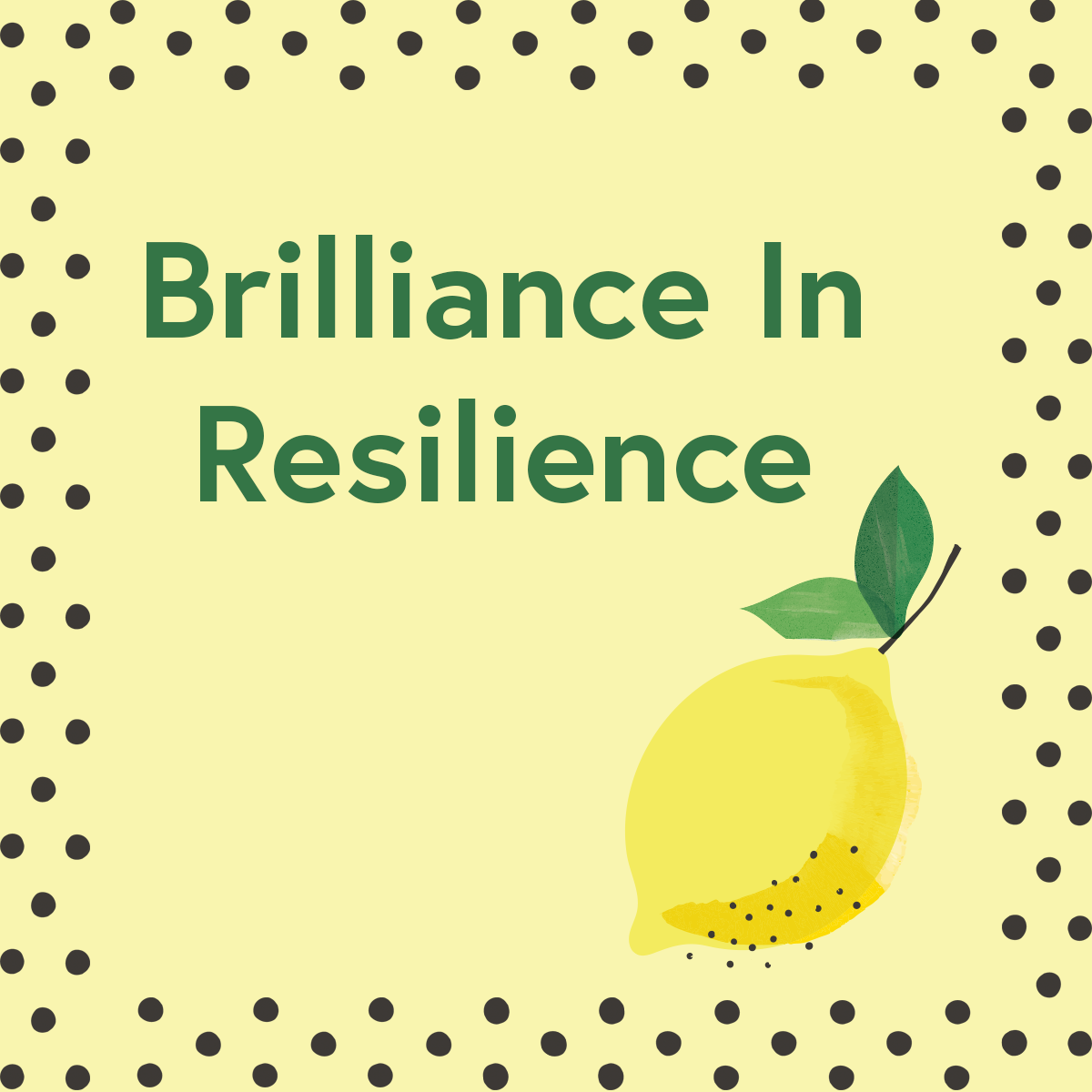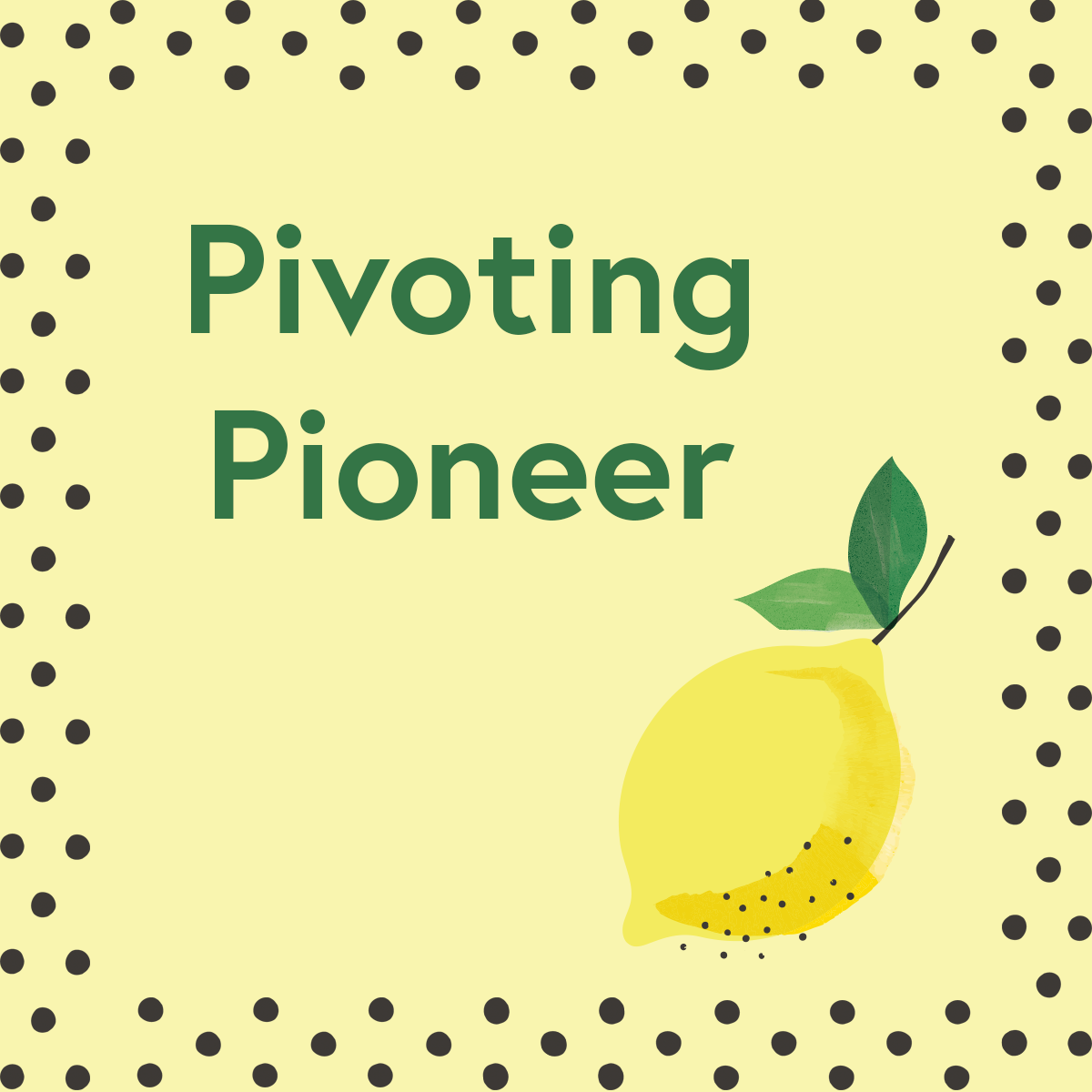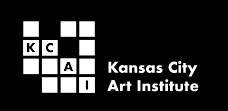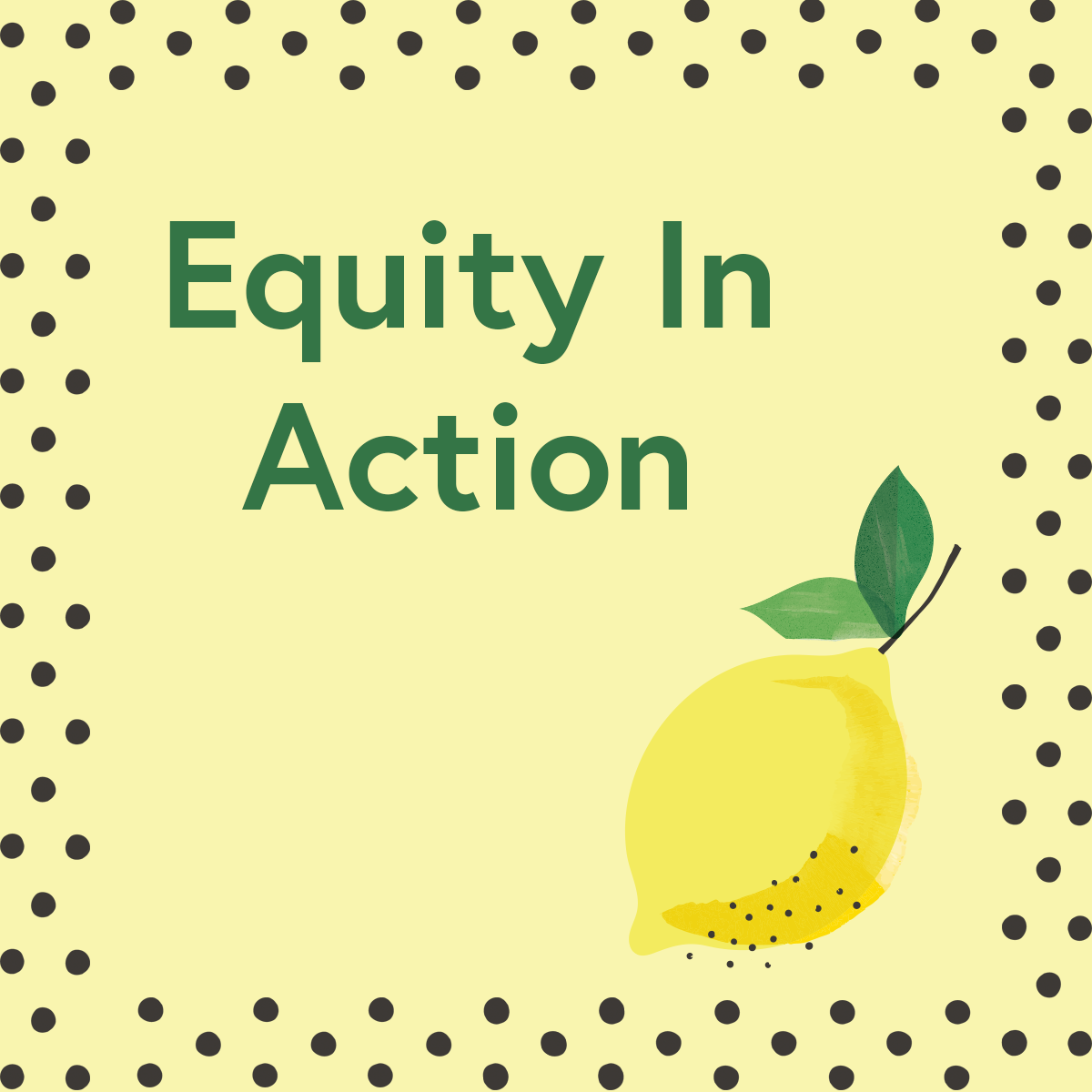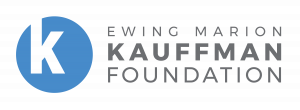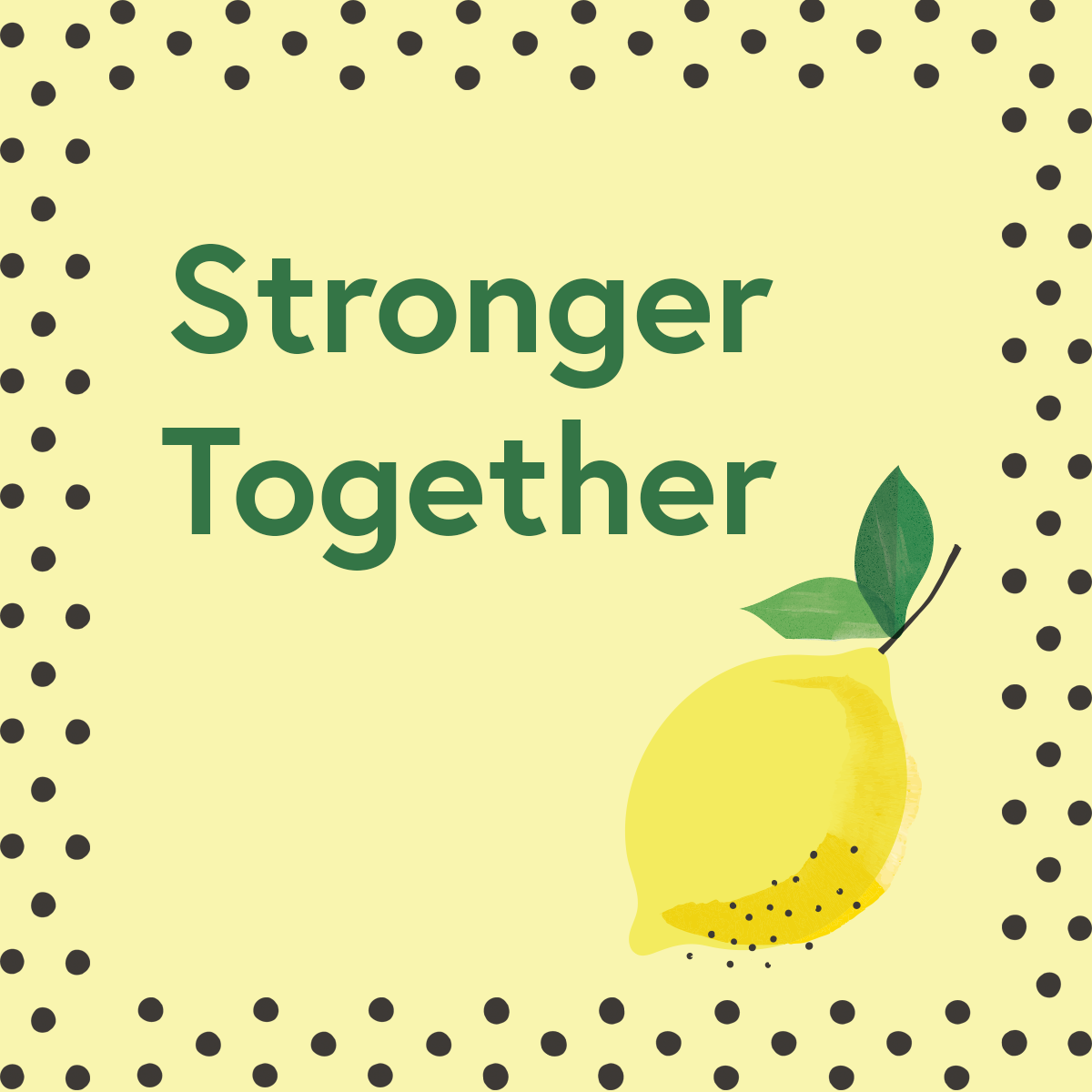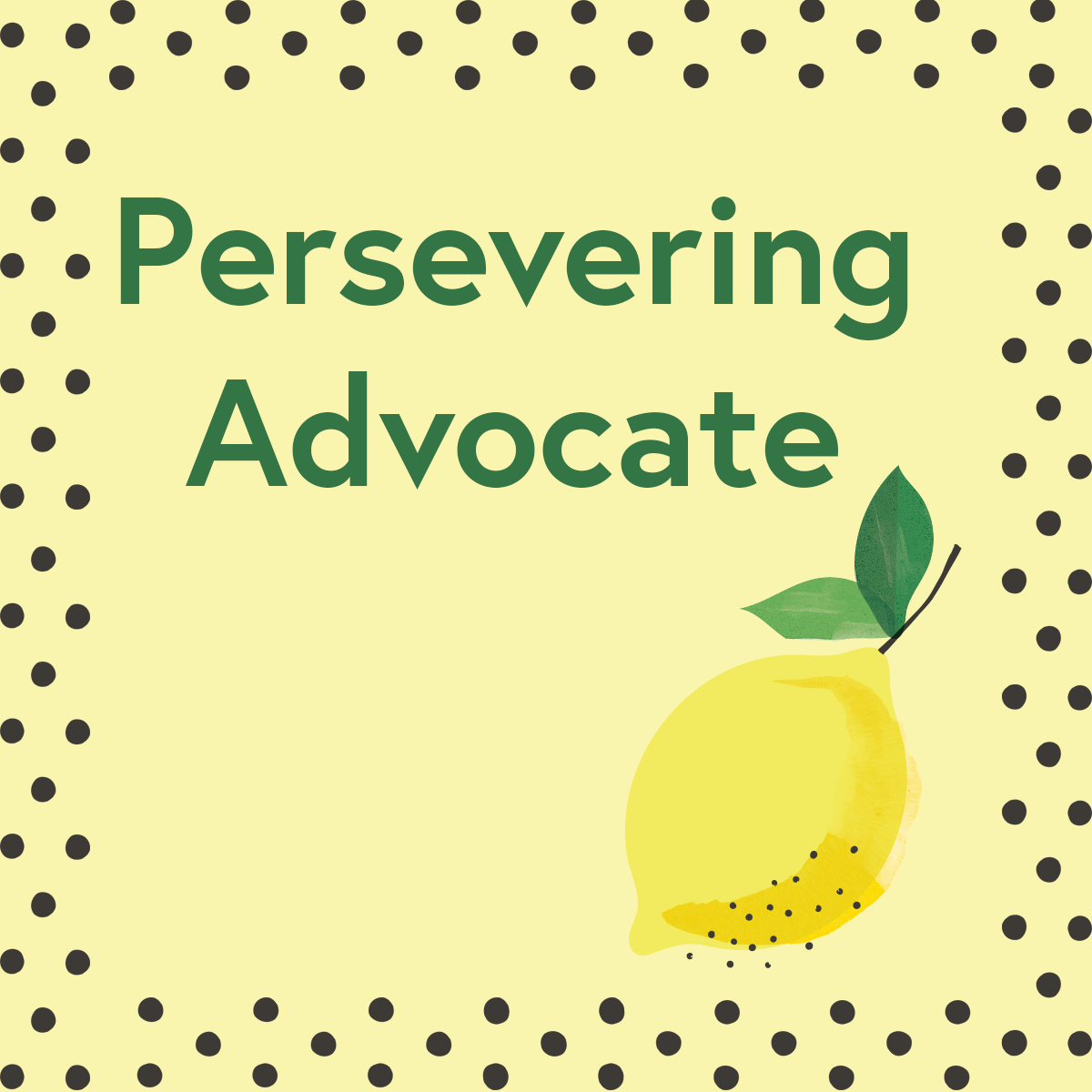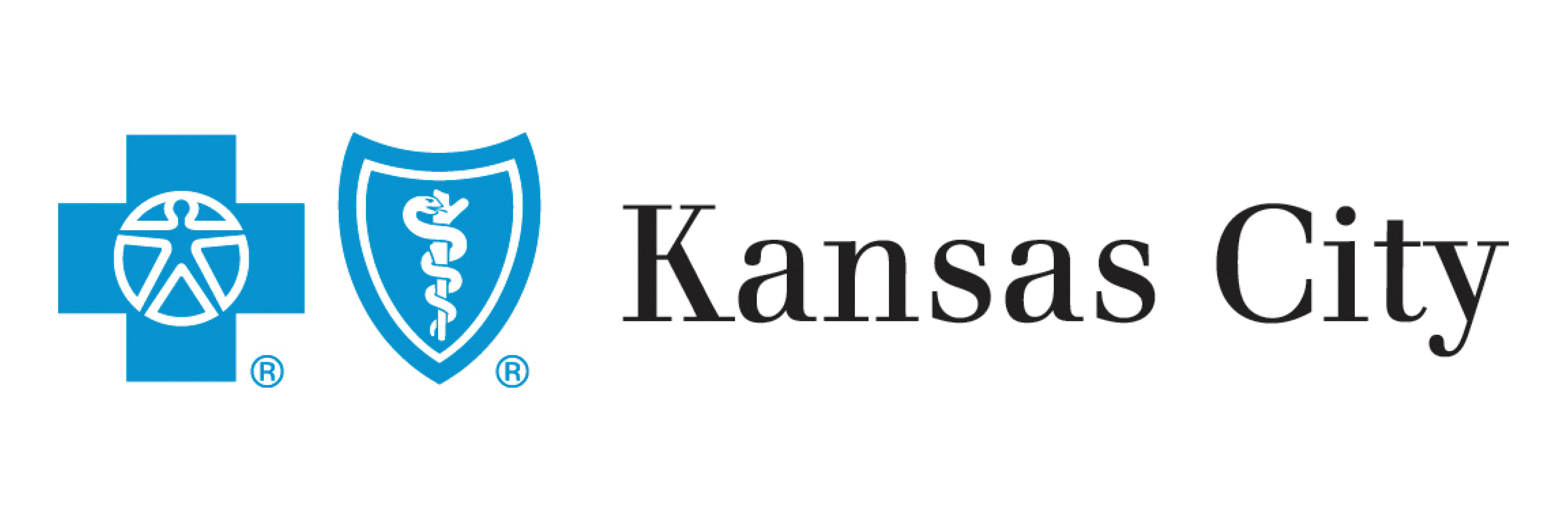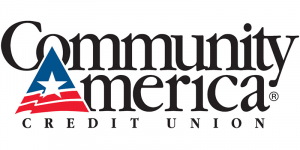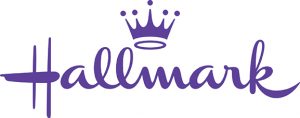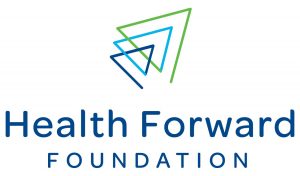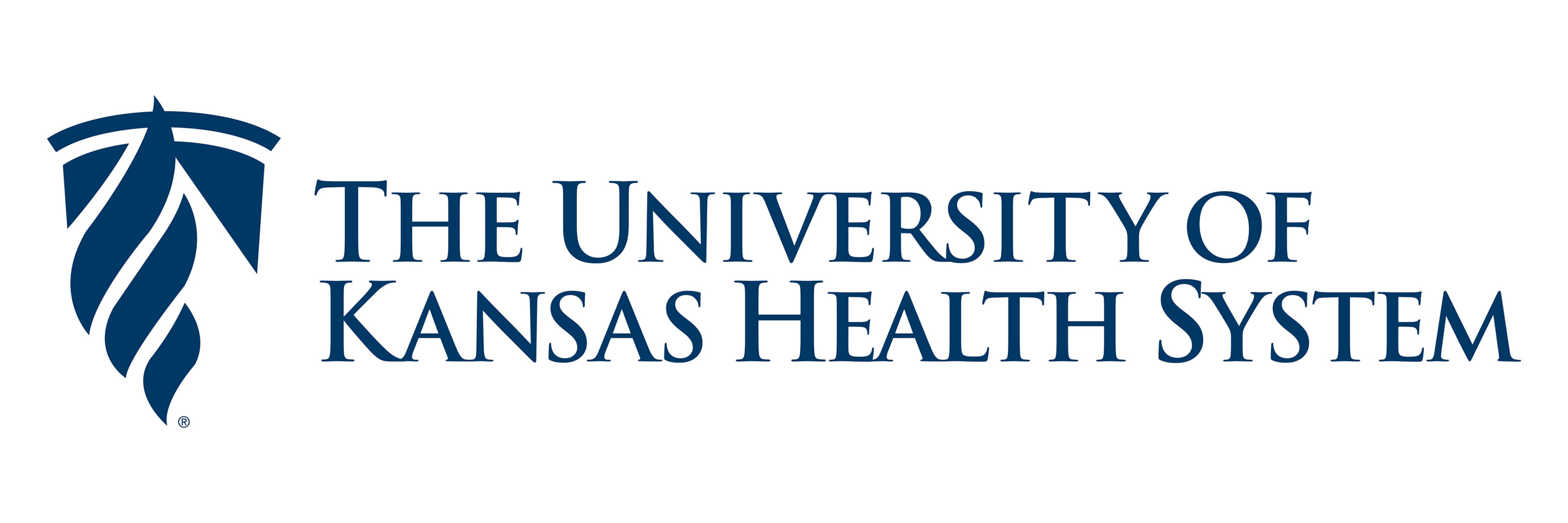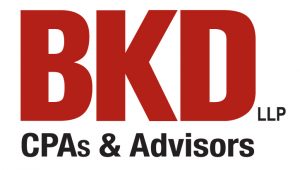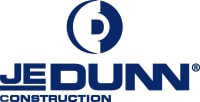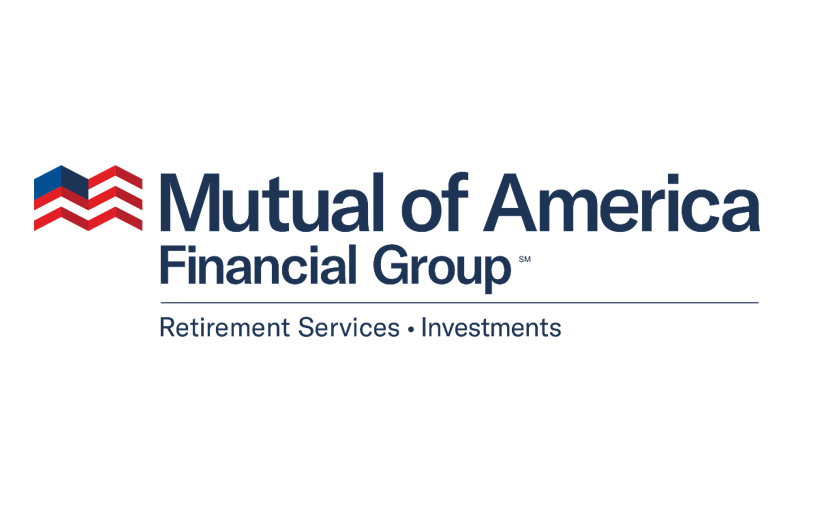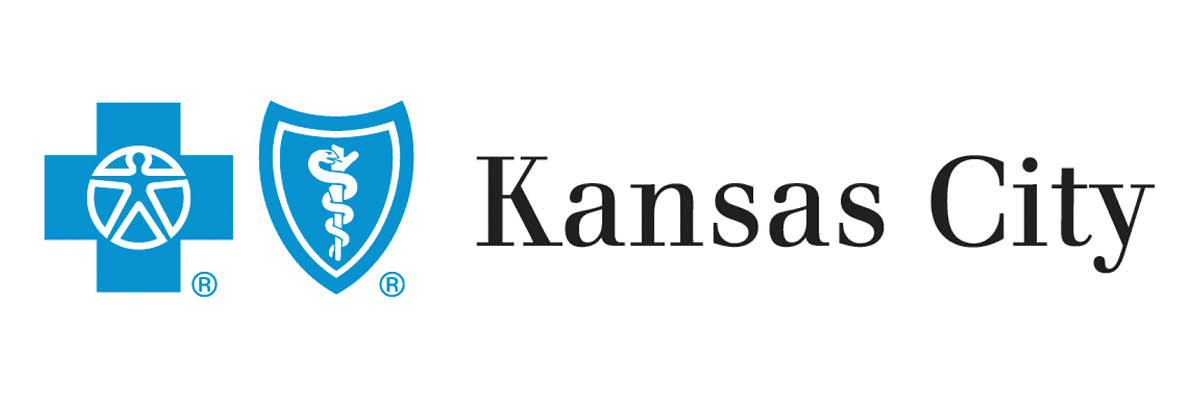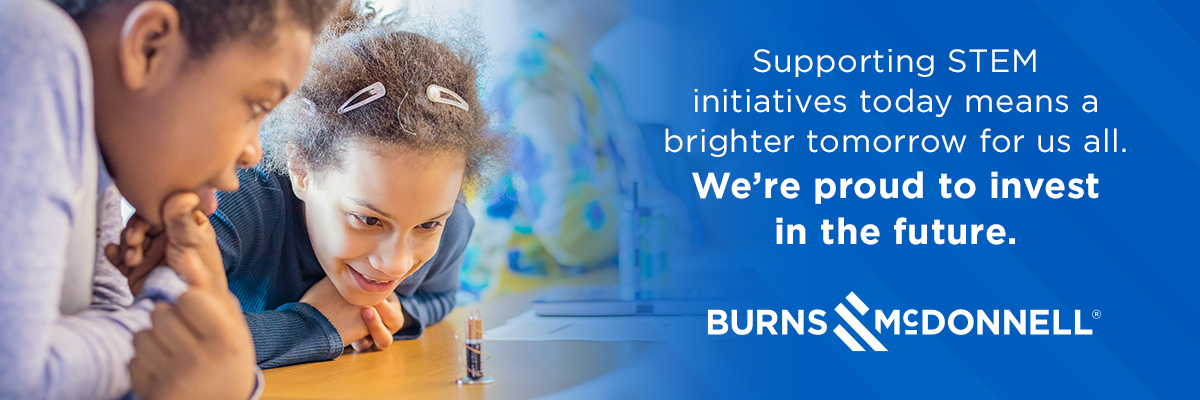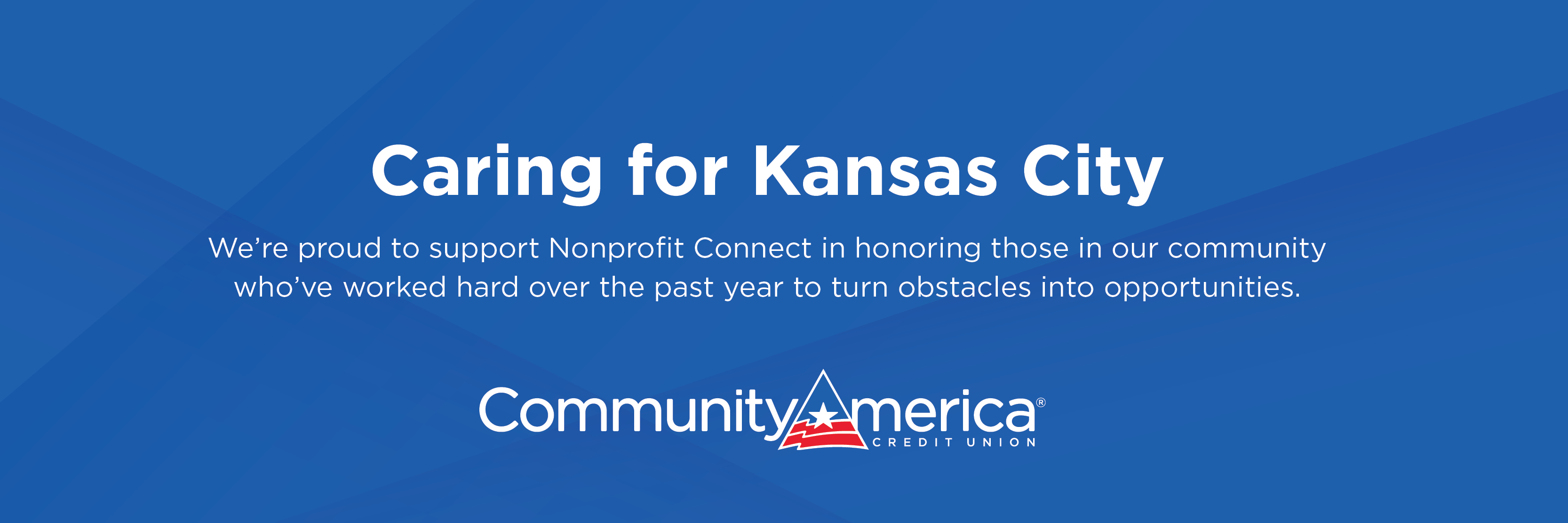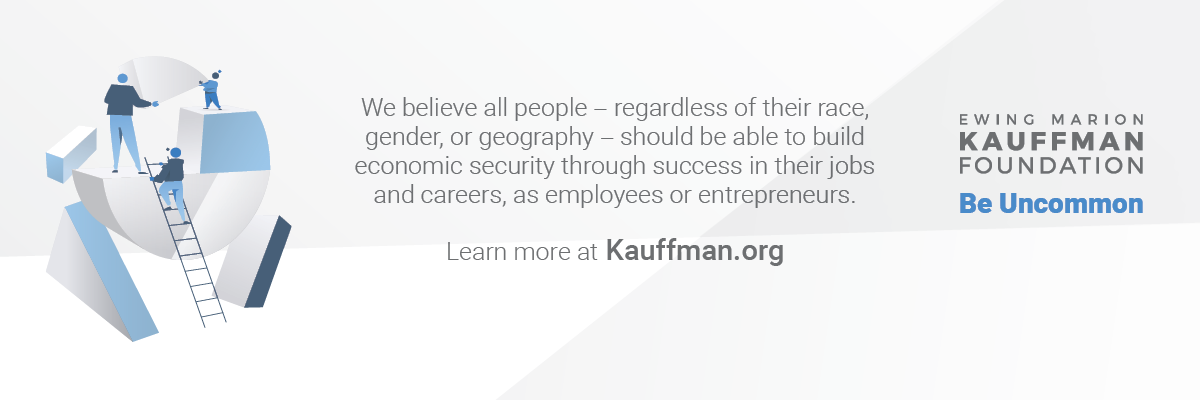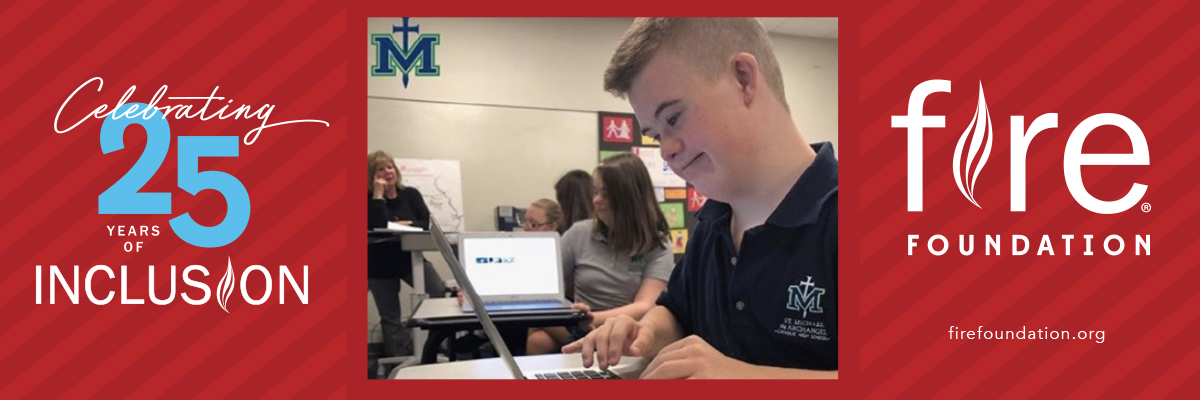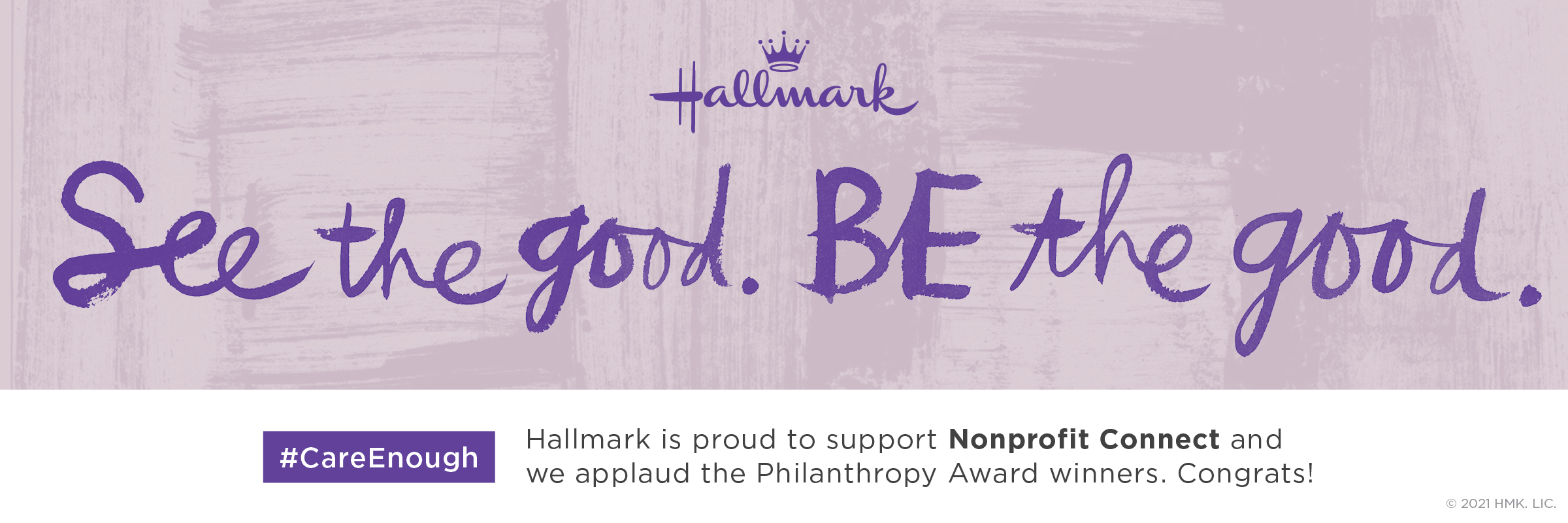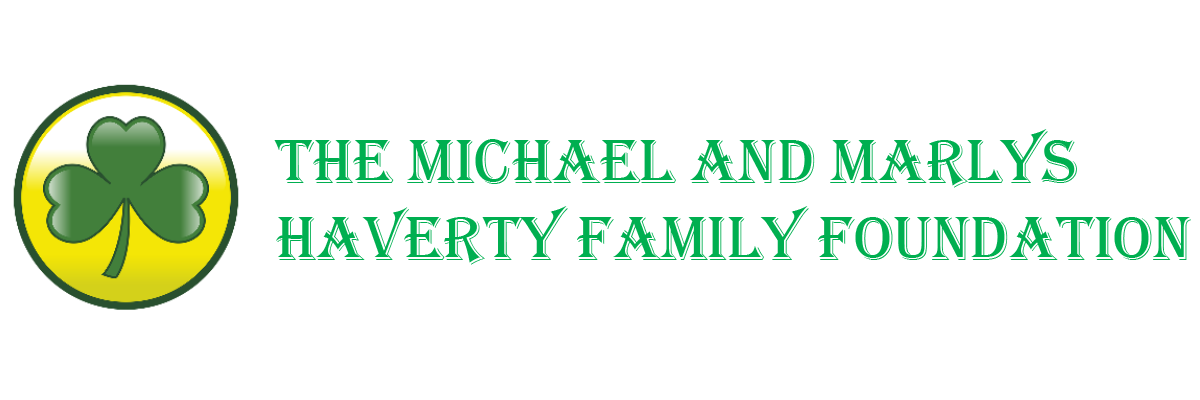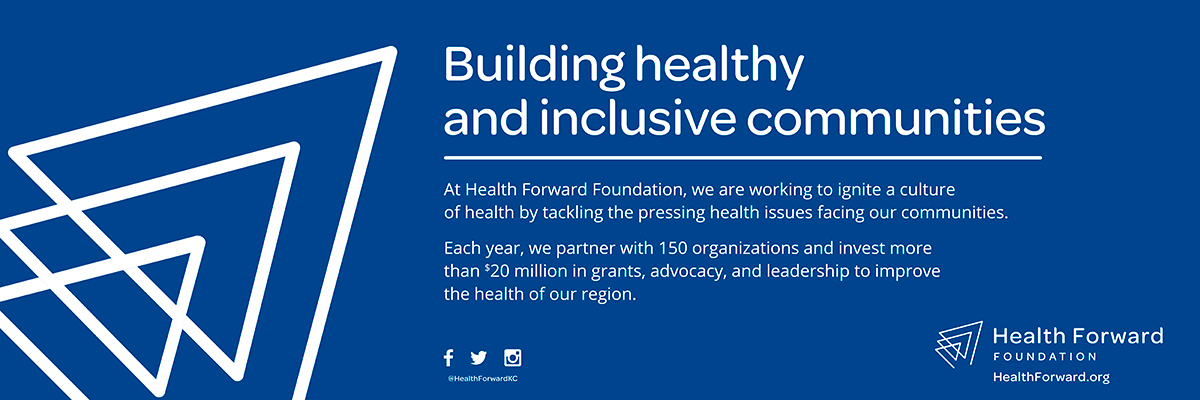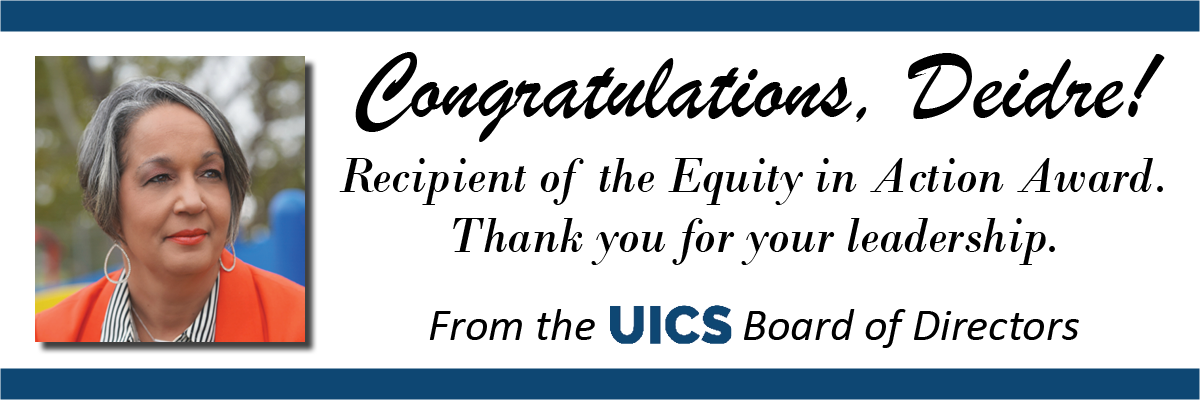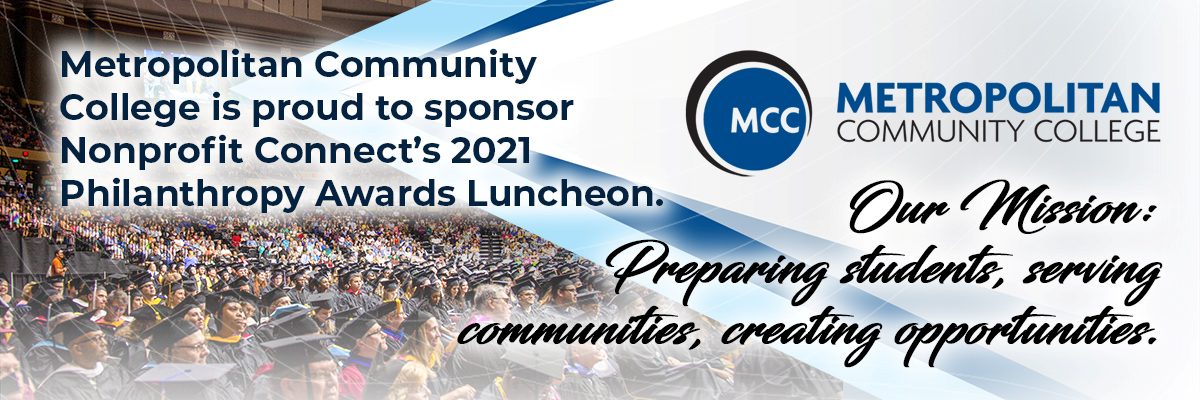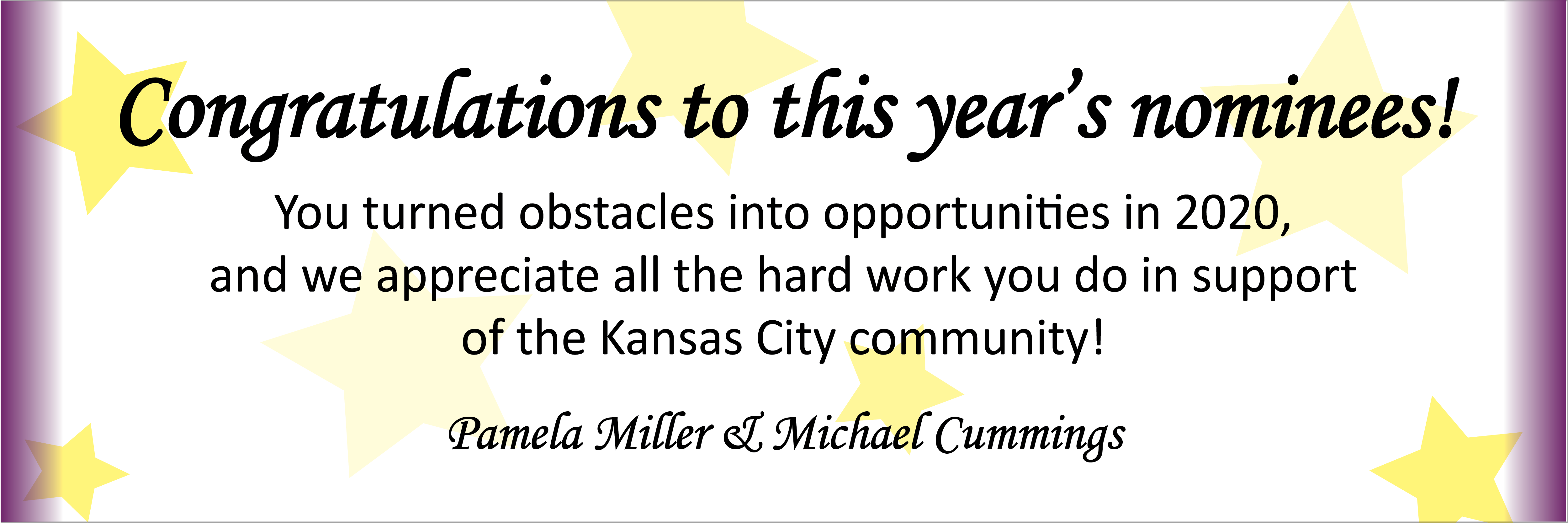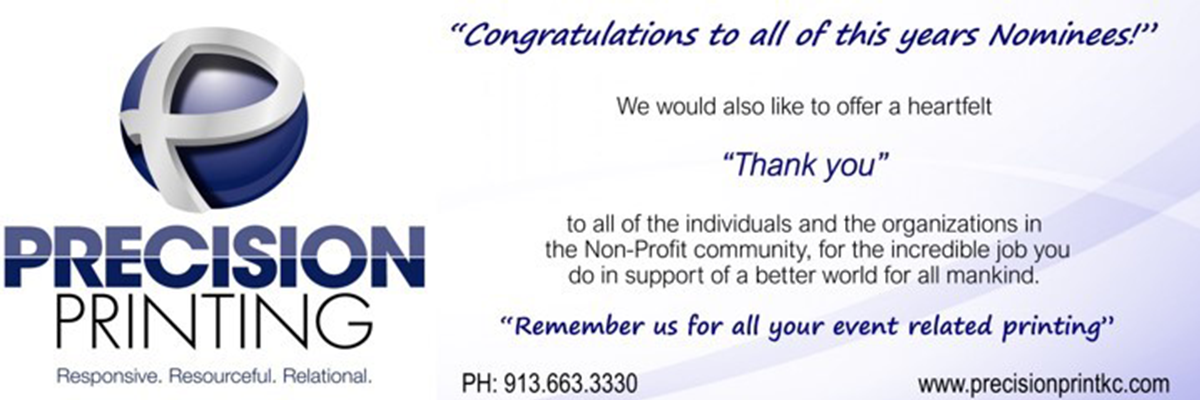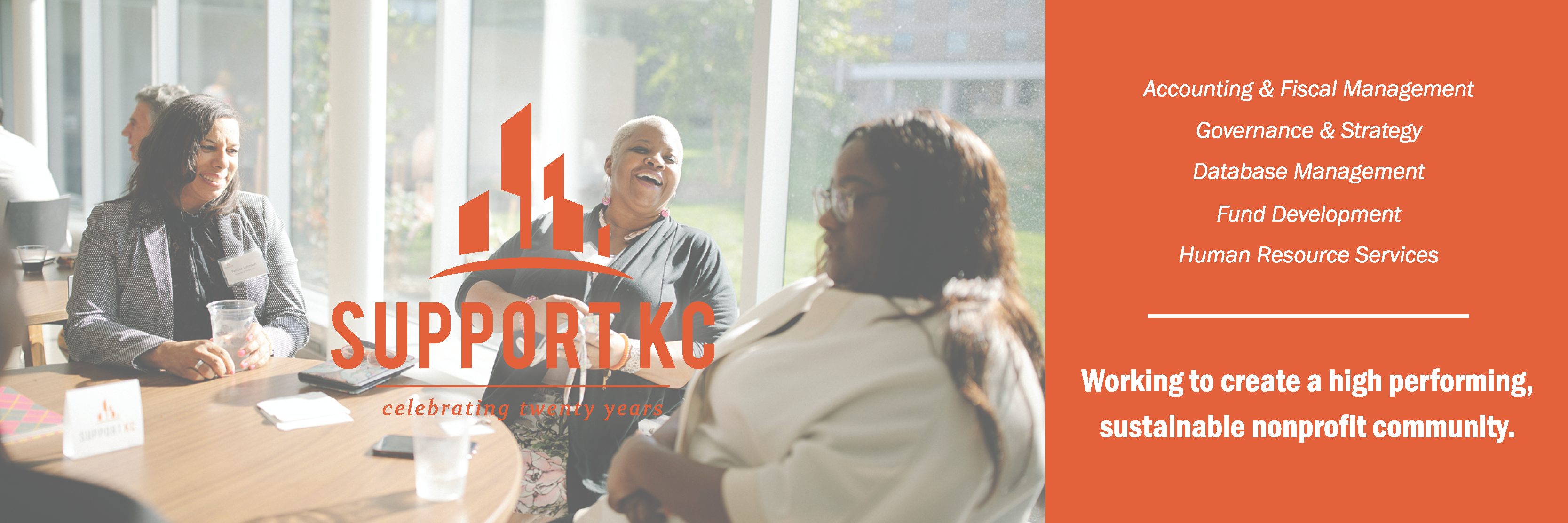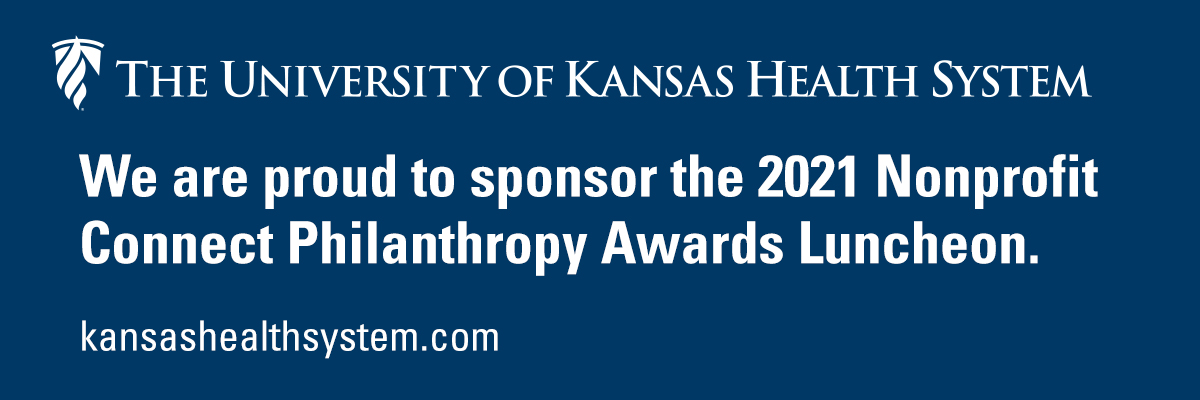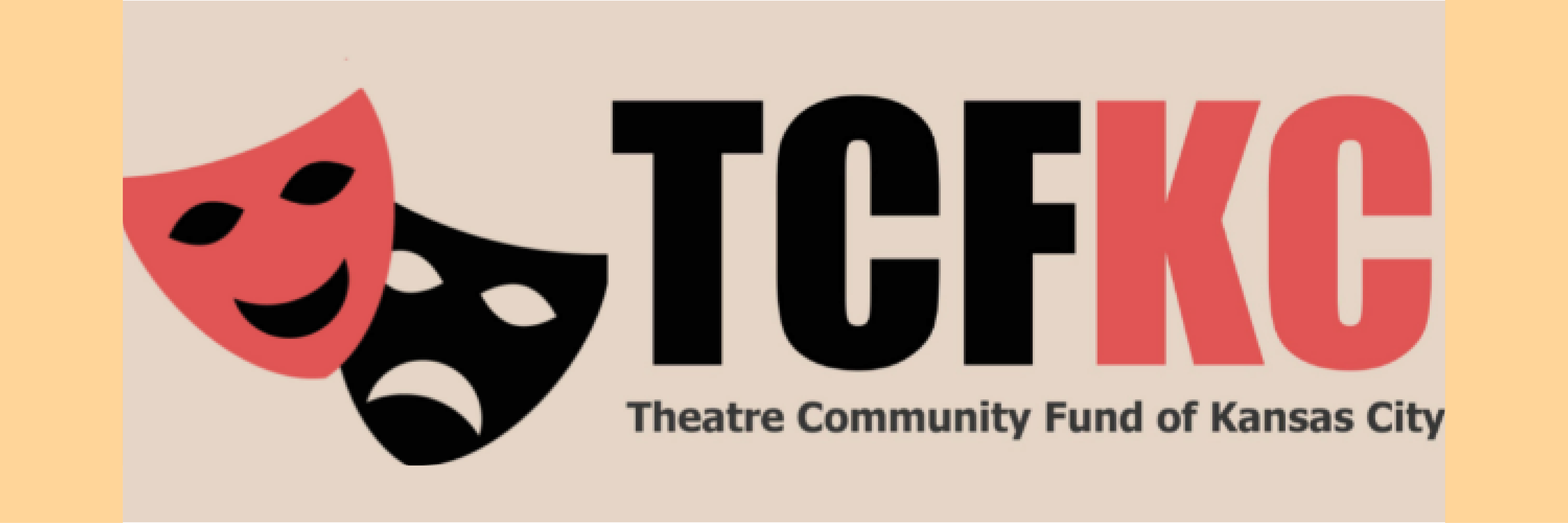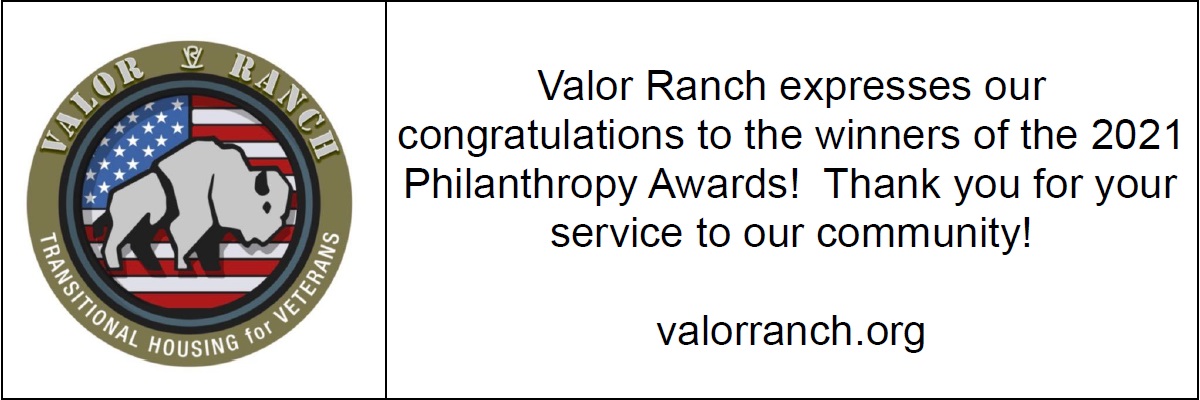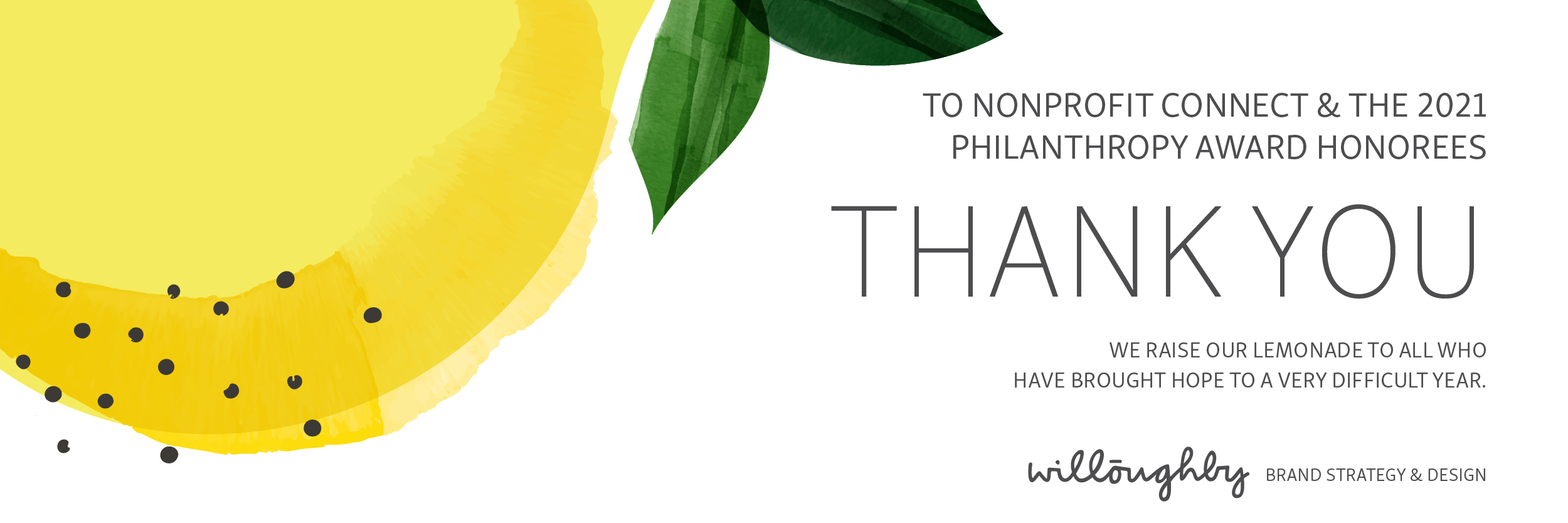2021 Luncheon
37th Annual Philanthropy Awards Luncheon
We cannot always control what life hands us, but we can control what we make of it. Now more than ever we have been turning our obstacles into opportunities and making lemonade out of lemons. This year we honor the truly outstanding work that members of the Kansas City community have done during the coronavirus pandemic and all that came with it.
Celebration Rooms - Immediately following the program, congratulate and mingle with the Award Nominees via Zoom breakout rooms!




2021 Philanthropy Awards Nominees
*Denotes this year's Honorees, based on People's Choice Voting
Brilliance in Resilience - a nonprofit organization that continued to deliver existing programs and services in 2020
The lifesaving work of Children's Mercy Kansas City never paused in the face of the pandemic. As the city's only pediatric hospital, the organization quickly became the trusted resource for information and services surrounding children and COVID-19. Children’s Mercy worked closely with school districts and early childhood centers, provided guidance to local health departments, and kept the community informed with online updates and virtual town halls in multiple languages. To better serve their patients, the hospital expanded telemedicine from 4,000 visits to over 38,000 between 2019 and 2020. Children’s Mercy also continues to administer vaccinations to teachers and school personnel. The team has continually adapted to provide care for patients, families, employees, educators, and more.
When the pandemic hit, Jewish Family Services knew they would see a dramatic increase in those needing help with food, rent and utilities. The organization more than doubled its food pantry impact in 2020, serving around 900 families each month. The Jewish Family Services team also worked to access CARES Act funding to help 745 families avoid eviction. Reconfiguring the organization’s older adult services required even more creativity. The team converted their mental health and older adult case management systems to a virtual model and developed protocols so staff could safely provide transportation and other services to elderly clients. Through extraordinary effort, Jewish Family Services assisted nearly 9,000 clients in 2020 and distributed 230% more food, emergency assistance, and older adult services compared to the previous year.
When the pandemic hit, families were told to “stay home and stay safe.” However, the team at Newhouse knows that “home” is not safe for everyone. The domestic violence agency saw cases spike during stay-at-home orders, with victims trapped at home with their abusers, and stresses compounded by economic instability. Newhouse adapted quickly to ensure there was no interruption in lifesaving services. Despite limited resources, the staff shifted to tele-therapy, created enrichment boxes for isolated families in the shelter, and supported resident children through virtual learning. When CDC guidelines forced the shelter to drop to one-third capacity, Newhouse got creative by placing survivors in hotels. The organization’s doors remained open, providing safe shelter and healing for Kansas City’s most vulnerable.
Community Assistance Council provides rent, utility and food assistance to a population of 80,000 in South Kansas City. While many businesses shut down in March 2020, Community Assistance Council never closed their doors. The number of families that needed food doubled, and the organization often responded to 100 calls a day for rent and utility assistance. The agency responded to the massive demand for services by shifting to staggered work days, curbside food distribution and online assistance applications. In doubling down, the team also doubled their impact, helping 7,500 individuals in 2020 compared to 4,216 individuals in 2019.
As the only furniture bank in the Kansas City area, Flourish Furnishings worked hard in 2020 to distribute household essentials to those recently out of foster care and homeless shelters. 77% of the organization’s clients live below the poverty line, which means the pandemic hit them harder than most. After shutting down for 8 weeks, Flourish Furnishings reopened by coordinating a drive-through donation line. The team also implemented virtual shopping appointments so that clients could feel empowered by selecting items for their homes. Ultimately, Flourish Furnishings was able to provide 22,000 household essentials to 629 families in need last year.
Hope Faith is a one-stop homeless assistance campus that provides food, clothing, case management and other essential services to the community. At the beginning of the pandemic, the City of Kansas City, Missouri designated Hope Faith as the homeless emergency response center. The organization moved their entire operation outdoors to a closed city block, setting up tents and running water to create the Community Assistance Village. What began as a response to the homelessness crisis quickly became a response to all Kansas Citians who were laid off, furloughed, or just 'one paycheck away.’ Within the first month, Hope Faith saw a needs increase of 26%. The team didn't hesitate to adapt operations, and continued serving hundreds of people daily as a critical component of the pandemic response.
Pivoting Pioneer - a nonprofit organization that developed new programs and services in 2020
Throughout 2020, Boys & Girls Clubs of Greater Kansas City worked to ensure the community’s vulnerable young people had access to critical resources. After closing for just one day at the start of the pandemic, the Clubs immediately altered operations, preparing and delivering hot meals daily and facilitating well-check calls to all members on a weekly basis. Through August of 2020, over 85,000 meals were prepared and delivered, and over 20,000 well-check calls were made. In September, the Boys & Girls Clubs again adapted, increasing operational hours to full days to serve as a virtual school participation hub in order to provide certified teachers, reliable connectivity and in-person academic support. The Clubs also added additional sites to serve even more youth. The resilience of Boys & Girls Clubs of Greater Kansas City over the past year provided stability to thousands of youth across our community.
As a regional food bank serving 26 counties in Kansas and Missouri, Harvesters – The Community Food Network knew in March 2020 that they had entered uncharted waters. Not only would there be an immediate need for food, but also heightened health concerns for distribution. Additionally, shutdowns of food suppliers would necessitate decisive action. The organization quickly shifted from normal operations to disaster relief leadership and management. Harvesters added 60 no-contact distribution sites, including mega-mobile distributions held in cooperation with local government officials at COVID-testing and vaccination sites. The organization invested in new equipment and infrastructure, including sorting and packaging machines to cover work normally handled by volunteers, as well as generators to ensure power outages would not disrupt the new distribution systems or spoil food. At the end of 2020, Harvesters had already distributed more than 51 million meals. Harvesters’ mission "to feed hungry people today and work to end hunger tomorrow" was never needed more than in 2020.
Throughout the pandemic, the YMCA of Greater Kansas City aligned their resources with the changing needs of the community. The Y developed new programs to support youth learning and give a lifeline to working parents. The organization first pivoted in March 2020 to develop an Essential Child Care program that allowed essential workers to go to work with peace of mind that their children were safe. The organization then pivoted to address the looming concern for working families at the beginning of the school year: how to support kids with remote learning. The Y implemented the new Y Learning Academy program, which provides full-day, in-person support for virtual learning for children ages 5 through 12. Thanks to this innovation, more than 2,400 children were able to learn in a safe environment in 2020, while their parents maintained employment in critical jobs to support their families and their communities.
Early on in the pandemic, HappyBottoms received hundreds of phone calls from families desperately in need of diapers. The organization knew that COVID-19's effects were amplifying service barriers and that the community’s need for diapers was increasing significantly. To address this demand and need, the team was creative in launching new programs. The Drive-Through Diaper Distribution not only provided diapers, but leveraged local organizations to provide other services including flu vaccines and food. HappyBottoms also partnered with other local groups to provide diapers at mobile food pantry events, serving an additional 700 children monthly. When the pandemic worsened transportation access, HappyBottoms set up home delivery for clients. In a pandemic that disproportionately affected parents and caregivers, the HappyBottoms team listened to what the community needed and continued to pivot in response.
The onset of social distancing in March 2020 halted all live productions for Kansas City Actors Theatre. Faced with the complete shutdown of its core operations, the organization made a swift decision to embrace an alternate performance medium, which is how Kansas City Actors Radio Theatre was born. Inspired by vintage radio series, the team obtained a weekly spot on KKFI 90.1FM Community Radio and commissioned a local playwright to create a 12 episode series based on local history. The result was "Kansas City: 1924" a compelling look at the days leading up to the dawn of the Pendergast (PEN-DER-GASt) Era. In total, 26 weeks of radio programming was created by Kansas City Actors Theatre after their pivot away from live performance. Audiences embraced the new medium, individual contributions peaked, and Kansas City Actors Theatre continues to weather the pandemic by branching out in new directions.
After making the difficult decision to cancel in-person camp sessions in May 2020, Wildwood Outdoor Education Center pivoted to deliver outdoor learning and activities remotely while also expanding camp programs. The small staff created and delivered over 200 summer camp activity kits, 1,000 friendship kits, and 56 winter activity kits between June and December 2020. In order to reach campers online, Wildwood's team also produced 11 unique video lessons that provided instruction for engaging outdoor activities, which reached over 3,500 individuals. Finally, Wildwood established a new day camp program in order to double the number of campers served, include younger campers, and bring new program options to families.
Equity in Action - an individual and/or nonprofit organization with outstanding commitment to equity, diversity and inclusion.
Focused on its three-part mission as a presenter, educator and community unifier, Kansas City Friends of Alvin Ailey has spent the better part of four decades transforming Kansas City through its youth programs, artistic ventures and intentional programming to open the door to racial equity and honest conversations. Kansas City Friends of Alvin Ailey was founded in 1984 by a coalition of civic, corporate and community leaders dedicated to establishing a second home for the internationally renowned Alvin Ailey American Dance Theater. In 2020, the organization created a new program called “Courageous Conversations” for its Board of Directors, committee co-chairs and Advisory Board to fully explore and understand systemic racism. Using the technical skills acquired from redesigning 10 annual youth and community programs, this virtual series continues to grow in popularity and has attracted other community partners to join the conversation.
Since its inception in 1990, Negro Leagues Baseball Museum has been dedicated to preserving and applauding the rich history of African-American baseball and its social impact of bridging the country’s racial gap. In 2020, this mission and heritage took on greater meaning as the Museum and its leadership hosted invaluable discussions concerning the racial divide. Through the lens of baseball, the Museum is in a distinct position to speak to issues of adversity, triumph, and overcoming injustice. Recent forums hosted by Negro Leagues Baseball Museum have included conversations with young, African-American players as well as race forums with coaches and executives. By hosting these discussions around the subjects of equity, diversity and inclusion, Negro Leagues Baseball Museum has brought important dialogues to the forefront of the conversation surrounding racial equity.
Second Presbyterian Church has always identified greater diversity and equity as a top priority, but it was in 2020 that the church began to embody this commitment on a deeper level. Starting in June 2020, the church formed a new 'Anti-Racism Group' to champion the idea of anti-racism in their congregation. The group began offering anti-racism trainings and book discussions, and formed new community partnerships with the Kansas City Indian Center and Covenant Presbyterian Church. These new partnerships have led to discussions, donation drives and a sermon series that spotlights indigenous voices and spirituality. Second Presbyterian Church has worked to make anti-racism education, training and community action a central focus for people of all ages in the church.
When the COVID-19 pandemic reared its head in 2020, Tena Tiruneh, Director of Heart to Heart International Laboratory Programs, saw a need to provide easily accessible COVID-19 testing to marginalized communities. Tena partnered with community leaders and groups to enlist their expertise for the best ways to reach their community members and gain their trust. Tena's background in management enabled him and his team to coordinate the testing and collection of samples, but it was his desire to engage people within the community that made the program so successful. Thanks to Tena’s leadership, over 5,000 essential workers in marginalized communities received COVID-19 tests last year.
Since the outset of her career, Crissy Dastrup has been known for bringing people and communities together. This is exemplified in the founding of Troost Market Collective and its crown jewel: the Troost-A-Palooza festival. In the midst of the Black Lives Matter protests last summer, Crissy brought together a dynamic team to create “KC Art On The Block: A Black Lives Matter Project.” In partnership with six local Black artists, her team oversaw six murals with the value statement "Black Lives Matter'' installed across the city. Covering over 2,000 linear feet of public city streets, this collection of murals is the largest public art installation of its kind.
As the Executive Director of United Inner City Services, Deidre Anderson has always been committed to diversity, equity, and inclusion, both professionally and personally. This was exemplified during the Black Lives Matter protests last summer when Deidre took the concept of 'anti-racism' to heart and began to infuse her organization and mission with that creed. This included ensuring her Board of Directors was equitable; hosting a “Race, Community and Conversations” series for the families and staff of United Inner City Services; opening a new center in August of 2020 in North Kansas City; ensuring that staff hiring, assessment and development all reflect the organization’s anti-racist stance; and much more. Deidre not only works diligently to bring awareness to issues of the present day, but also lives out the motto of anti-racism in everything she and her organization does.
Stronger Together - a nonprofit and another entity that joined forces and leveraged combined resources in 2020.
United in their vision for self-sustainability of all people, Goodwill of Western Missouri and Eastern Kansas joined forces with Urban League of Greater Kansas City to respond to the economic repercussions of COVID-19. In April 2020, the two organizations launched a text line service to provide populations struggling with internet access and digital literacy an accessible option for learning. Through these services, they were able to provide resources on filing for unemployment, performing a job search, and locating local emergency services. This text line also helped individuals connect with follow-up services and enroll in programs offered by the agencies. Since its launch, over 1,300 Kansas Citians have benefited from this text line, and Goodwill and Urban League have secured the funds needed to sustain the text line throughout the ongoing pandemic.
When faced with unprecedented challenges, Kansas City reacts with unprecedented collaboration. In March 2020, it was immediately clear that nonprofits urgently needed additional funding to respond to increased services. Rather than having one organization take the spotlight, the Greater Kansas City Community Foundation, LISC Greater Kansas City, Mid-America Regional Council, and United Way of Greater Kansas City banded together. These agencies formed the Kansas City Regional COVID-19 Response and Recovery Fund to marshal a multi-state effort to quickly and strategically mobilize financial resources. This effort provided more than 17 million dollars to nonprofit organizations with constituents disproportionately affected by COVID-19. This truly collaborative initiative distributed grants in a way that fostered trust and resulted in greater giving. Above all, each participating agency stayed focused on the primary goal: to be as helpful as possible, as quickly as possible.
The YMCA of Greater Kansas City is well known for providing safe before and after-school childcare programs. Therefore, when schools announced plans to begin the year with virtual and hybrid schedules, the Y was prepared to help. However, with school district buildings unavailable, the Y didn't have a space to offer a full-day Y Learning Academy. Inspired by their joint focus on closing the education gap and serving the community, the United Methodist Church of the Resurrection offered to the Y their large spaces with high-speed internet to host programming activities. This partnership allowed single-parent households and households without internet access a place for their children to continue learning. Without Church of the Resurrection, the Y would not have been able to continue its Y Learning Academy program, and parents would not have had a place for their kids to be while they went to work. Thanks to this partnership, more than 230 children had a safe, comforting place to learn throughout the day.
During a period when many people were sheltering in place, Cross-Lines Community Outreach and the Unified Government Public Health Department worked diligently to find ways to distribute services and supplies to families in need. By joining forces, these agencies were able to create a food delivery service that provided a week’s worth of food to households experiencing food insecurity due to COVID-19. Together, this partnership was able to feed more than 10,000 Wyandotte County residents in 2020. Through collaboration, innovation, and the sharing of resources, these agencies were also able to widely share testing and vaccine information, distribute COVID safety kits, and refer families to additional support when needed.
When so many were suspending services and tackling the shift of working remotely in the midst of a pandemic, Hope Faith and Heart to Heart International partnered together to provide critical medical services and COVID testing so that anyone experiencing homelessness could feel safe and protected. Through the creation of a Community Assistance Village, the agencies aimed to help alleviate the stress on health care facilities while providing services to the most vulnerable populations. Hope Faith’s expertise in homelessness and vulnerable populations coupled with Heart to Heart International’s medical expertise created an ideal partnership that has served over 1,300 people since April 2020. Because of the success of this partnership, Hope Faith and Heart to Heart International are currently designing a permanent on-site Urgent Care Clinic.
Virtual school was a challenge for all families, but particularly those that faced significant barriers like lack of internet access or parents deemed essential workers. Due to the swift action of Turn the Page KC with Camp Fire Heartland, Boys & Girls Clubs of Greater Kansas City, the YMCA of Greater Kansas City, and the Upper Room, this group of agencies came together to create viable options for families who needed a safe place for students in the community to study. Through the Out-of-School-Time Collaborative, nearly 900 students were served every day in 2020 across 14 sites. This coalition raised more than $4 million from over 10 local foundations and ensured students had access to the academic support and compassionate care they needed to keep learning and growing despite difficult circumstances.
Persevering Advocate - an individual who demonstrated an outstanding commitment to champion a nonprofit organization.
Dr. Kimberly Beatty, Chancellor of Metropolitan Community College, first arrived to the College in 2017. She is Metropolitan Community College’s first African-American Chancellor in its 105-year history, and the only African-American CEO in the Missouri community college system. Her dedication to advancing opportunities for all, particularly those of underserved communities, inspired her to create and champion an Innovation Council and educational plan for the College. The goal of these initiatives was to address the educational needs of students as well as the workforce needs of Kansas City's local businesses and industries. At the onset of the pandemic, Dr. Beatty immediately transitioned the organization to online classes; provided laptops and WIFI hotspots for students in need; and increased virtual staff support for students who required assistance with remote learning. Dr. Beatty has provided the strategic vision for Metropolitan Community College to exceed expectations and is widely recognized as an influential community leader.
As the Partnership Development Manager for Visit KC, Kenzi Hoyle works closely with many of the industries that faced extreme financial challenges due to the events of 2020. To help mitigate these burdens, Kenzi worked diligently to partner with local restaurants and identify ways that Visit KC and its Foundation could help serve this valuable sector of Kansas City's economy. Additionally, Kenzi sought out programming opportunities to better serve hospitality workers facing unemployment and small businesses at risk of permanent closure. By identifying and executing opportunities, Kenzi managed Visit KC's resources in ways that brought new funding and visibility to businesses that were in crisis. Specifically, the success of Kansas City Restaurant Week and the funds contributed to the beneficiaries are the direct result of Kenzi's committed leadership to the community.
Carmen Kraus stepped up at a critical time for Hope Network and the city of Raytown when it was needed most in 2020. Serving as a key liaison and public relations advocate for food distribution sites, Carmen helped direct food overages from wholesale distributors to various churches, food banks, and other community sites. She handled all the logistics of these weekly food distributions including food coordination, the stocking of food bags, and the delivery of food to community members in need. Carmen also created a document for community members to find meals, food boxes, distribution centers, and children’s lunches. This resource was then shared by all food distribution centers in the area. Thanks to Carmen’s leadership and creative ideas, community members in need of food were provided with nourishment during the hardships of 2020.
Ann Tinsman has been a key leader for The Children's Place for more than 14 years as a volunteer, donor, and board member, but her service and leadership in 2020 was even more remarkable. With 2020 being Ann's final year as a member of the Board, she intuitively knew this was a key time to demonstrate leadership and perseverance. Ann stepped up to lead the capital campaign to fund a new building, to which the agency successfully relocated to in Fall 2020. Ann’s generosity and enthusiasm helped secure $200,000 for the capital campaign, as well as the funds to recreate the beloved “Rudy Bear” statue at the new building. Although her tenure on the Board of Directors is complete, she is now spearheading an effort to create a Board Alumni Club to provide a way for former members of the Board to stay connected and involved with The Children’s Place.




Thank You to our Generous Sponsors
The funds raised at the Luncheon allow Nonprofit Connect to continue to offer education, resources and networking so that area nonprofit organizations can more effectively achieve their missions. Learn more.

